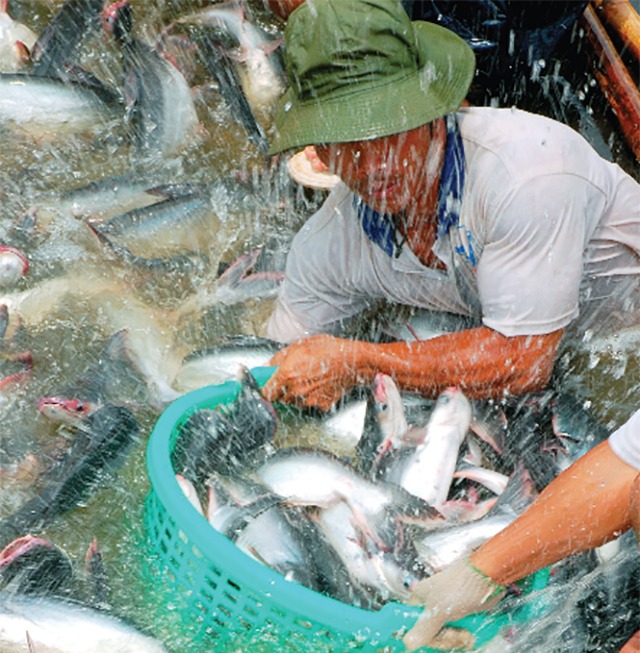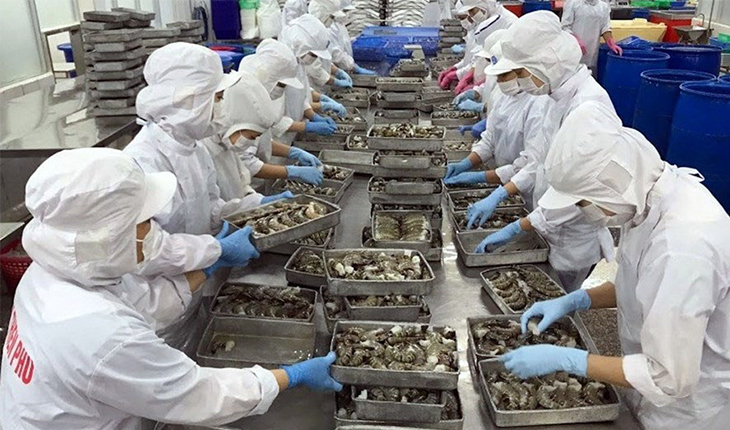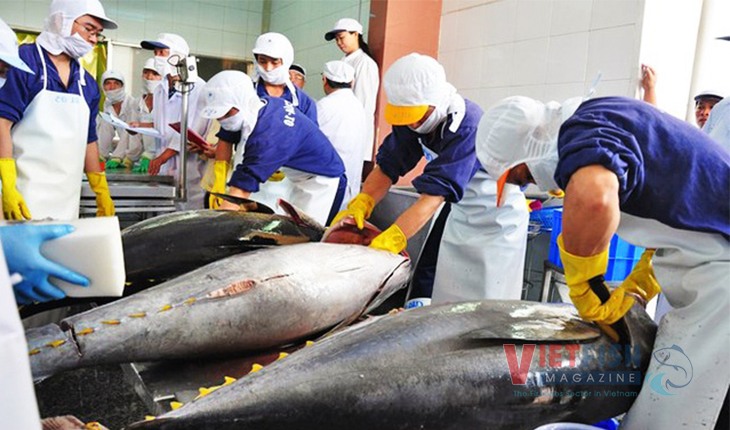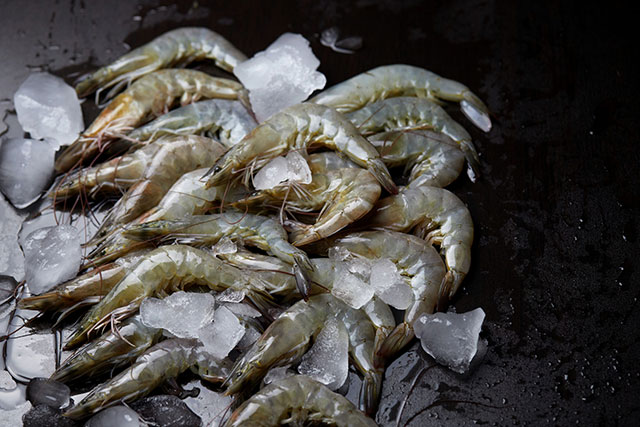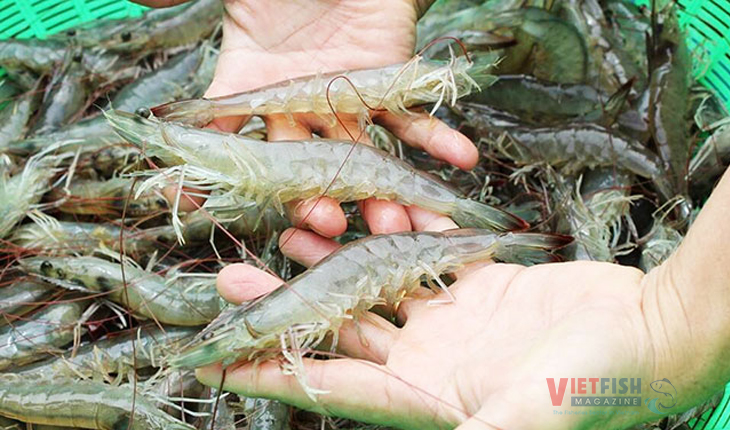Vietnam’s eco-shrimp: Unlocking potential in European and US markets
As consumers in Europe and the US increasingly prioritize health and environmental concerns, eco-shrimp is emerging as a sustainable choice in the seafood industry. This product not only meets stringent environmental standards but also offers clear health benefits, positioning it as a high-potential export for Vietnam.
What is Eco-shrimp, and What are the international standards?
Eco-shrimp refers to shrimp farmed in natural environments with minimal impact on surrounding ecosystems, avoiding the use of chemicals and antibiotics. Unlike traditional farming, this model emphasizes mangrove preservation and ecological balance.
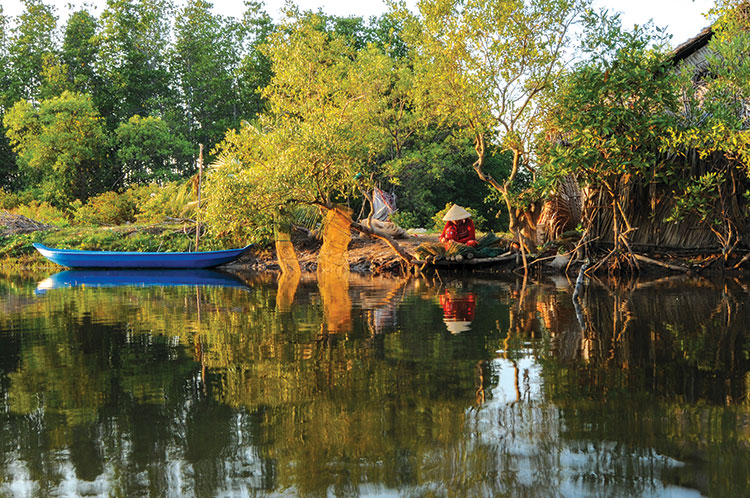
To achieve certifications such as ASC (Aquaculture Stewardship Council) and BAP (Best Aquaculture Practices), eco-shrimp farming must adhere to strict protocols on environmental management, worker safety, and biodiversity conservation. These certifications are essential for international market entry, guaranteeing product quality and safety for consumers.
Environmental and health benefits of Eco-shrimp
Eco-shrimp farming contributes significantly to environmental protection by preserving and restoring mangrove forests. These forests play a crucial role in absorbing CO2, mitigating global warming, and reducing water pollution while supporting diverse aquatic life. The natural biodiversity within mangroves enhances shrimp growth without chemical interventions.
For human health, eco-shrimp stands out as a safe and clean product, free from chemical and antibiotic residues. This reduces potential health risks for consumers, making the product more reliable and appealing in the global market.
Market potential in Europe and the US
In Europe
Sustainable product consumption has surged across Europe in recent years. According to the European Sustainable Aquaculture Alliance, approximately 60% of consumers prioritize eco-certified seafood, with Germany and the Netherlands leading the demand for sustainable products, including shrimp.
Major European retailers like Carrefour and Lidl have committed to exclusively offering ASC- or BAP-certified seafood, presenting a significant opportunity for Vietnamese eco-shrimp to penetrate and expand in this market.
In the US
The US market for eco-shrimp is also on the rise. A 2023 study by the Global Aquaculture Alliance (GAA) revealed a 25% year-on-year increase in sales of certified sustainable shrimp. Retail giants such as Walmart and Whole Foods have shifted supply chains to prioritize eco-certified seafood, reflecting growing consumer demand for safe and environmentally friendly products.
Opportunities and requirements for Vietnamese Eco-shrimp
To meet the stringent demands of these markets, Vietnamese shrimp exporters must ensure their production processes comply with international standards such as ASC or BAP. A robust quality control system is also essential.
With these certifications, Vietnamese eco-shrimp has the potential to enhance its global market value, increasing export volumes to Europe and the US. This will solidify Vietnam’s position in the global seafood industry, competing effectively with nations like Ecuador and India.
By capitalizing on this trend, Vietnam’s shrimp industry stands to achieve substantial growth, reinforcing its role as a leader in sustainable aquaculture.
VFM


